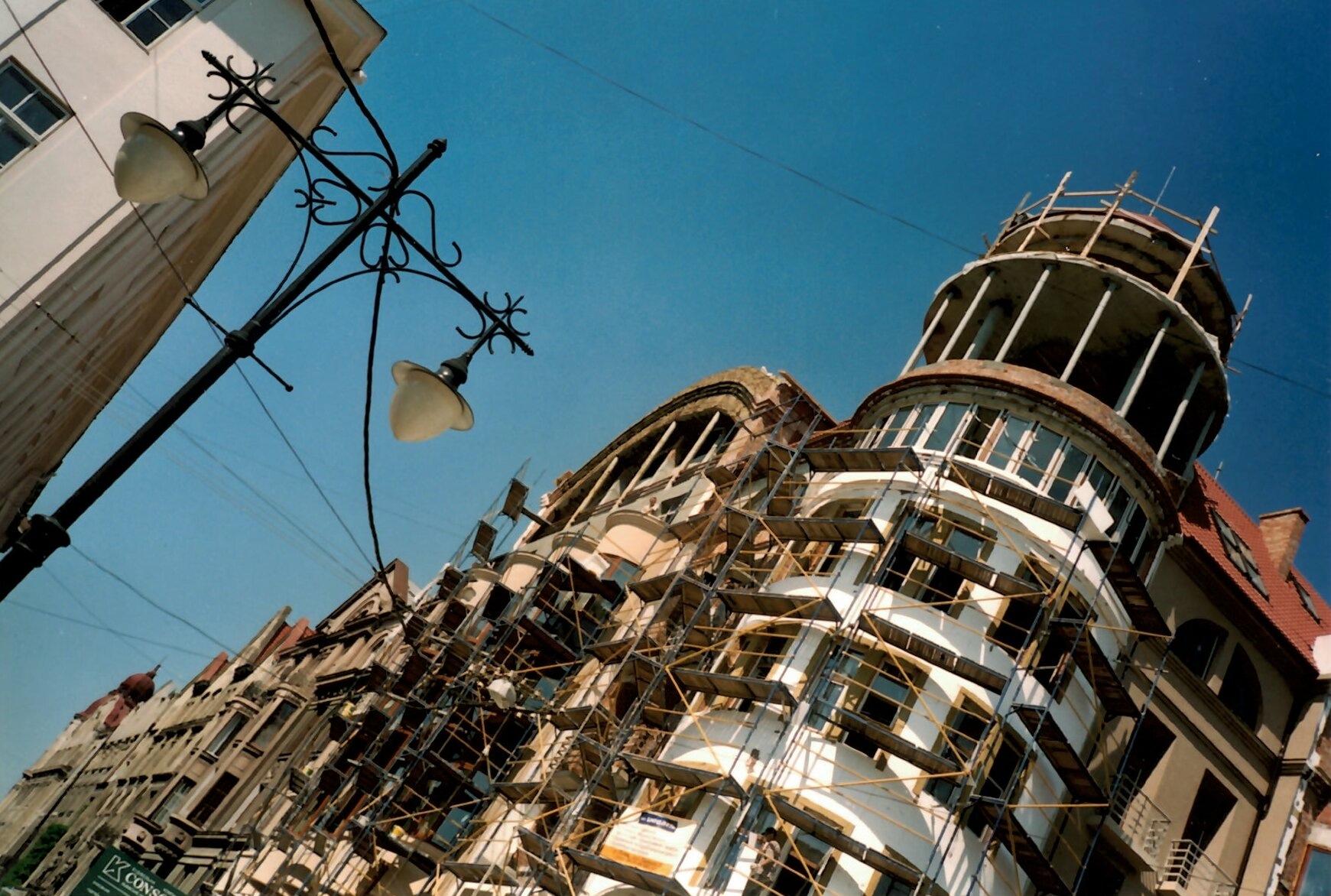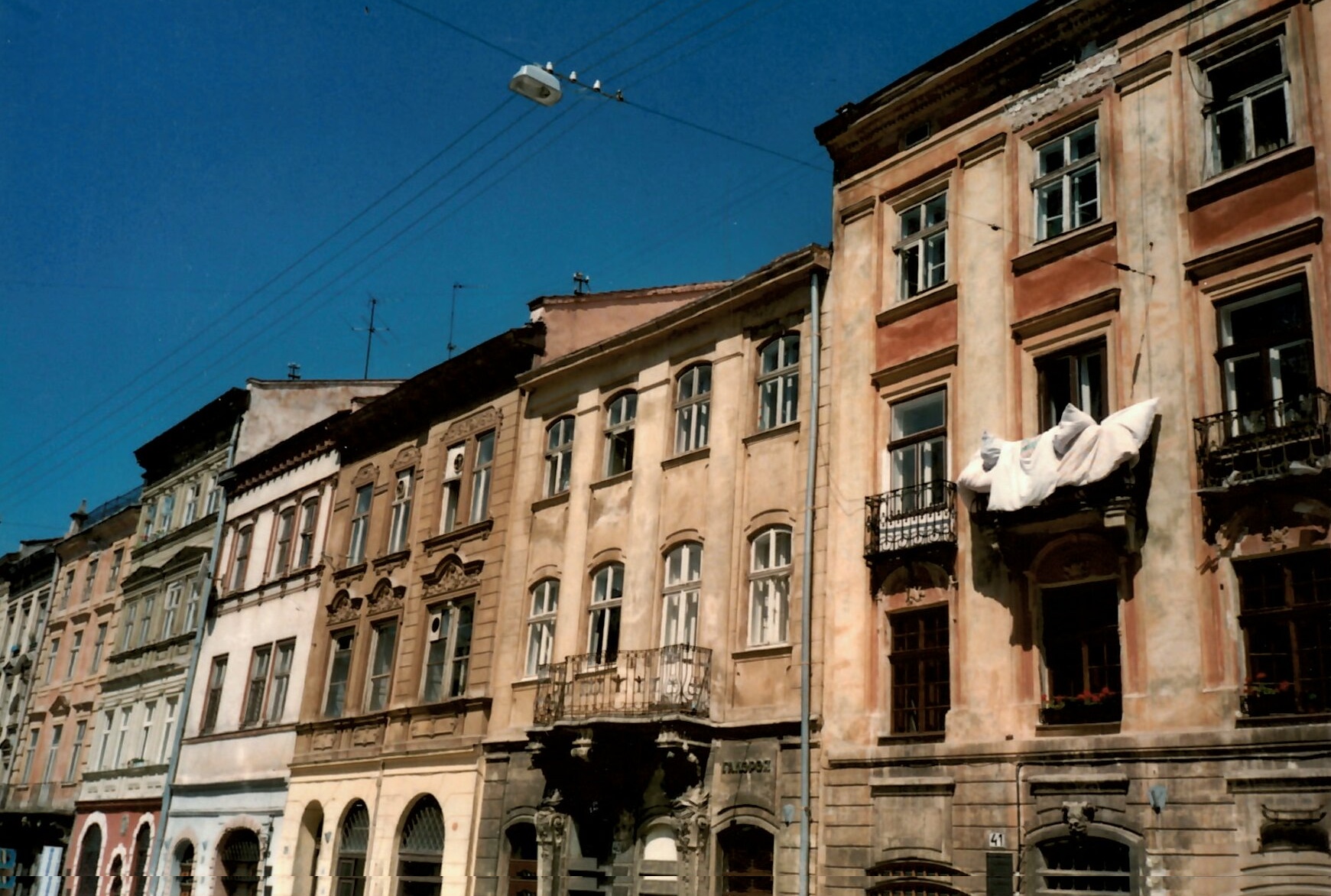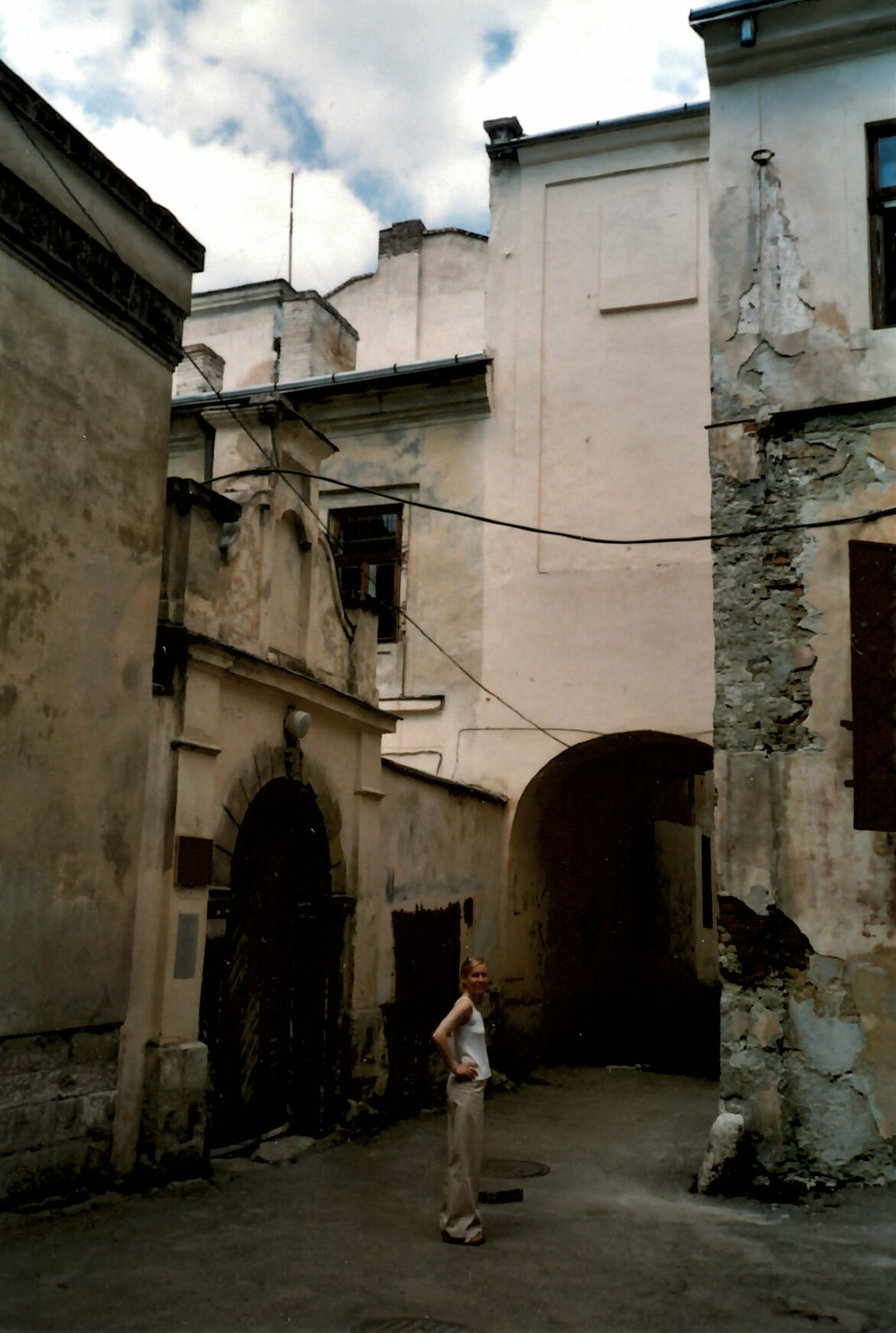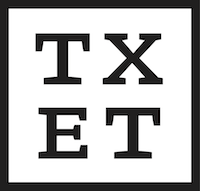Let us stay in touch and always remember. Displaying my helplessness, I write about my love for Lviv and Eastern Europe.
One good thing about the media is that we can get and stay in touch with kind, like-minded people from places involved in matters of sorrow. Which currently goes for almost all places. Guten Morgen, Europa. My love goes to my friends in Eastern Europe and Russia. I remember all the wonderful, witty, astounding, intense, sometimes very direct or even harsh, but always friendly and most of all: enlightening encounters we had. I was so lucky as to visit Москва in 2014 and it left me deeply impressed. In 2005, I was so lucky as to visit the city of Lemberg, Lviv. That was shortly after the Orange Revolution when no visas were needed for Ukraine. We took the chance, a group of four, from Germany and Poland.
Visiting Lviv, coming from Kraków, which already had left me stunned for its beauty and culture, crossing the Polish–Ukrainian border at that place with the unpronounceable name Przemyśl, then spending not even a week walking through the ancient streets of the city of Lviv, with its traces of Armenian, Austrian, German, Jewish, Hungarian, Polish, Russian culture — we surely did not even get it all. It was overwhelming. A deep warm glimpse into the heart of Europe. Never did I feel something like home, like Heimat before so strongly. This journey grounded me and made me a true European. Forever.

Renovation in the centre of Lviv, 2005
Truly European
The quiet, impressive beauty of Lviv, its deep-rootedness in ancient culture, took me at an instant. We saw all these churches and different districts, medieval streets, Jugendstil houses, traces of k-and-k monarchy, cultural remains of so many different populations; areas called the Jewish, the German, the Russian quarter (das deutsche, jüdische, russische Viertel) and so on. English didn’t help; there were no shops, no advertising, we found very few restaurants. We got through by gestures and pictures, by bits of Polish, bits of Russian. Our hosts spoke some Polish and German, an old-fashioned sounding German to us. We had rented rooms privately, from a family with grown-up children who had moved out. They went to get holy water for their health from a nearby fountain in the countryside, a weekend ritual. We had some Schnaps together, and I remember long talks through the evenings, lots of laughter, very good food. Our hosts told us about life in Lemberg, we spoke about life in general, we shared our thoughts and feelings, spoke about family and our professions. It was just a few days, a week or so. Precious. Peace was self-understood.

Blue skin over Lviv, Ukraine, in 2005
It will be more important than ever to keep memories like these in mind. Many of us have friends across borders. All our grandparents, parents, families carry away dark traces from World War II — lasting until today and beyond. Now, more wounds will be added.
It cannot be erased
My grandmother, for example, made it to Hamburg from Szczecinek (Neuststettin it was in German) with two baby kids. She did not tell in detail. My grandfather didn’t live to see the second of his daughters. Grandmother had tough times as a refugee and war widow. She and her daughters suffered from poverty and from being stigmatised, like refugees today. My aunt became chronically ill from that winter in 1945 (they were in the last Treck). But they survived. Probably many of your parents or grandparents have told you similar stories. In them, you can feel the damage done. Even if they don’t speak. I’m sure many of you have families like mine. We are together in this. It is everywhere. In Berlin, you could and still can encounter so many traces of war, on houses, in walls, but mostly in people. It cannot be erased. War affects us all. Just a few kilometres closer or farther from Lviv, from Kyiv or the Russian border, does in essence not make a difference. Europe is being attacked. Our values. democracy is at stake, freedom is at stake, peace has been killed already for many.
Never will I understand how anyone, having experienced the consequences of World War II in every single family of ours, not to say: having suffered from the dark, sad traces of trauma and loss, how anyone could even only risk that something like this might happen again. It is so hard to believe that still, sharing experiences as such, being affected from it in one way or the other — it is almost not to believe at all that somebody commences war again. Not to say aggressively and irrationally does so. Begin a war. Begin. A. War. As if it was a game amongst competitors, a game with one winner. In war, everybody will lose. Always. That is its rule.
The Russian potentate puts his individual whatever-it-is, a psychic condition that will never to the slightest be graspable to me and many, over everyone’s wish to please just live in peace. He puts his insufficiency and weakness over the Russian and Ukrainian people’s happiness, health, and safety, over his brothers and sisters. Both in his own and neighbouring countries. People, hiding from bombs in underground stations, in the middle of Europe. In the 21st century. I cry at these pictures, and I cry in fear. There seems to be not much hope or solace at this point.
I loved my grandmother dearly. I still do; these days I keep thinking of her. I’m glad she did not live to see what happens now.

I don’t remember which quarter this was, but one of the oldest for sure, in the heart of the city of Lviv, Ukraine in 2005
I wrote this in late February, early March 2022, shortly after Putin launched his assault on Ukraine. Then it seemed inappropriate to publish a personal memoir in the face of the foreseeable suffering of so many. But. I am convinced that it is more important than ever to remain personally involved, to remember encounters and visits across borders, borders that are now impassable. In the hope that these borders, including those in our minds, will once again be open and peacefully bridged, one day. — The pictures are mine, taken by myself and the friends I traveled with back then.
